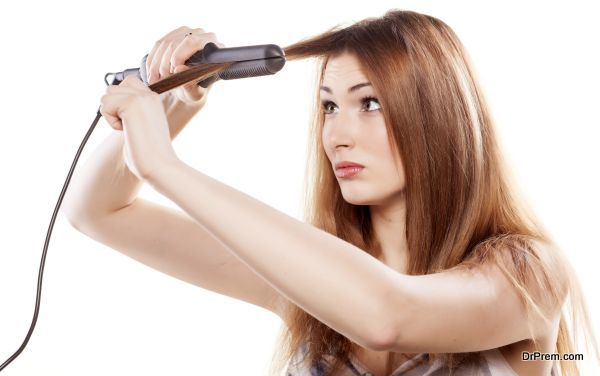Understanding anxiety disorders is the first and the most significant step towards its treatment. Treating anxiety disorders is actually possible without relying on medication, as many techniques for reducing anxiety levels exist presently. Some of the ways to deal with anxiety disorders are listed below. Improve your health and maintain it Poor diet, lack of exercise and insufficient sleep are common symptoms between sufferers of anxiety disorder. A good health is a weapon against anxiety disorder. For this, one has to start eating a nutritious and balanced diet, add some cardiovascular workout to their regular routines, and make sure that they take a good sleep. A few changes in your lifestyle can bring a big difference in your mood, especially that of anxiety sufferers. With some positive changes in your mental and physical status, and with exercises and proper diet, you will be able to eliminate or cut down generalized anxiety. Exercising regularly releases endorphins in the body, which are chemicals that make a person feel calmer and happier. When it comes to your diet, reducing the intake of caffeine can be beneficial, as caffeine acts like a stimulant and enhances the adrenaline hormone in your body. These changes can prove to be a very effective for treating anxiety disorder without your prescribed drugs. Breathing and relaxation techniques You can also resort to relaxation therapy, which encompasses several techniques developed for helping people fight with anxiety disorder without medication. With such techniques, one can reach a very relaxed and stress free state, and can stay away from any kind of anxiety. Some of the techniques involved in relaxation therapy are breathing techniques, meditation, and progressive muscle relaxation. Normally, people start breathing from their upper chest in a shallow way when they feel anxious, but this can lead to increase in blood pressure and heart rate. Noticing the breathing patterns and taking a soft breath after some breathing cycles is the right way to deal with anxiety. In the technique of progressive muscle relaxation, one has to tense and then let loose the body muscles focusing on one muscle group at one time. With time, this relaxation will lead to reduction in anxiety level and tension. Consult a psychologist or therapist Sufferers of anxiety disorder are often affected by a particular worry or fear. For instance, fear of death can lead to panic attack in a person, who is suffering from anxiety disorder, especially those who are not able to deal with the reality of death and mortality. Therapeutic interventions can be very effective for such people. Consulting a psychologist or a therapist will help you to deal with such specific fears, which leads to uneasiness. Psychologists can provide emotional or cognitive tools that can help you in managing worries and anxiety. It is better to look for a doctor, who tries to solve your problem with your own power, instead of prescribing medication from the very beginning. In this way, you will be able to avoid medication and can implement other ways of dealing with anxiety disorders. Reconstruct your negative thoughts Negative thoughts often trigger or accompany free form anxiety. However, the positive side is that your brain is very adaptive. Remember that this will be possible only with determination and a lot of patience from your side, as you cannot change the way your brain works instantly. This take some time, and it is better to take smaller steps. Start noticing when the negative thoughts enter your mind and observe how your thoughts follow a certain track without any judgment. The next step would be to learn talking to yourself in a cogent and positive way. Try saying some good things to yourself, the way you do to your loved ones. This process is one of the best cognitive behavioral therapies to deal with anxiety. Try other complementary therapies Apart from cognitive behavior therapy and exercising, some complementary therapies can prove to be useful to deal with anxiety disorders without any medication. Some of these include massage therapy, yoga and aromatherapy. Herbal treatments are also available for people suffering from anxiety disorders. However, more research is needed to support the safety and efficacy of these complimentary treatments. If you are receiving a traditional treatment from your doctor, then it is important to inform your doctor about any complementary therapy that you are taking, especially herbal treatments, because they might have some side effects. Yoga, on the other hand, can be an effective way to deal with anxiety disorder, as it has stress reducing effects. Extreme anxiety can be assuaged with gentle and slow yoga practice that focuses on postures. This helps to calm down your mind and heart, balances your emotions, and reduces body tension and stress.


